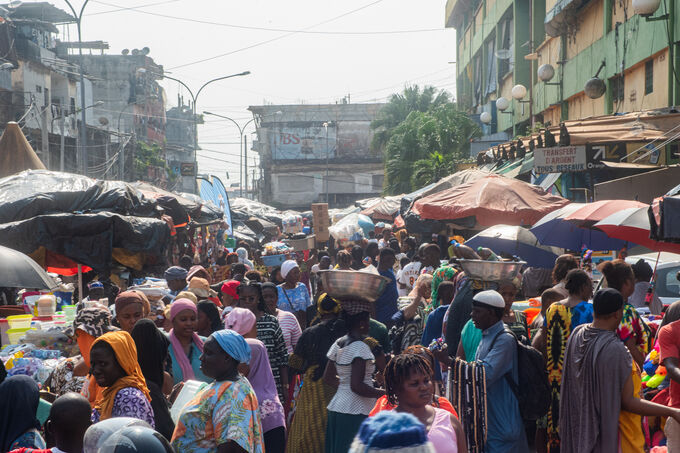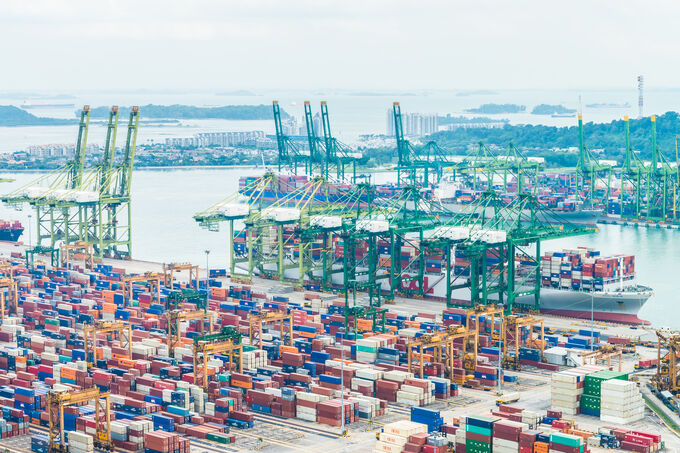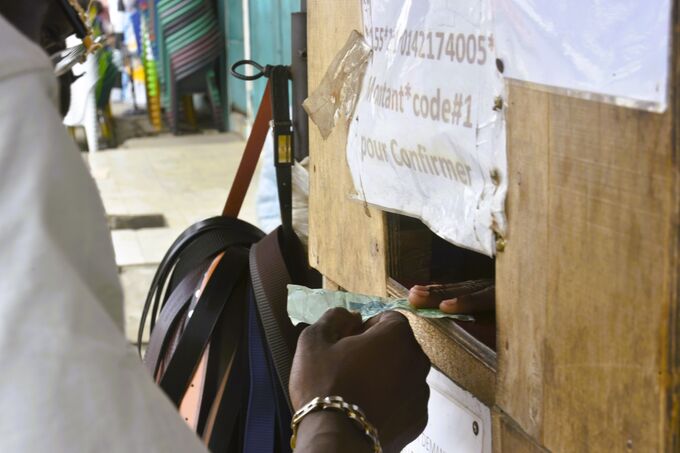
News
New approaches are needed for instant payment systems to reach their potential in Africa
by Sabine Mensah, Deputy CEO AfricaNenda - 25 October 2022
AfricaNenda’s first of its kind report delivers a unique snapshot of IPS across the continent - and paves the way for their improvement.

On October 25, 2022, AfricaNenda launched State of the Instant and Inclusive Payment Systems (SIIPS) 2022 report, in collaboration with the United Nations Economic Commission for Africa and the World Bank. It is the fruition of extensive consultation with a broad range of industry leaders, experts, and digital financial services (DFS) as well as MSMEs and 1,200 consumers in seven countries on the continent.
The first take from the report is that Instant Payment systems (IPS) are on a rapid ascent in Africa: 29 systems have gone live on the continent over the past decade, two new systems on average emerge every year, 21 others are underway. And usage of IPS is growing commensurately. In 2021, the 29 active systems on the continent processed nearly USD 1 trillion and 16 billion in transaction values and volumes, respectively.
Despite those encouraging figures, a lot remains to be done for IPS to fully realize their potential and create opportunities that reach, and benefit underserved low-income and marginalized populations. For that to happen, they need to be inclusive. Inclusive IPS do more than providing the mechanics to process digital push payments in near real-time, 24/365—they are designed to serve the low-income population, the financially excluded, the underserved. This means the system allows consumers to make low value digital payments, at a low cost, on a wide range of channels. Instead of being limited to sending money to family and friends, users can leverage IPS to meet all their payment needs from and to merchants, suppliers, and government.
Beyond functionalities, inclusivity extends to system governance. The ability to reach all Africans requires intentional participation and oversight design. Inclusive IPS provide fair access for all licensed financial service providers from banks, mobile money operators, and fintech, in addition to providing all equal input opportunities into IPS scheme and decisions. Central banks are key to ensuring pro-poor mandates are upheld, so that ultimately, users can benefit from the inclusivity aspects of the system.
Right now, only five IPS (three domestic and two regional-level) have demonstrated a potential to reach a mature state of inclusivity. Most IPS on the continent don’t yet support the basic payment needs of end-users and are thus adding self-imposed barriers to their scale and impact. Though some are adding functionality and access channels to reflect consumer preferences and needs, they need to focus more deliberately on features and governance processes that catalyse the reach to the poor. The SIIPS report will guide them in these efforts.
We at AfricaNenda will leverage our report’s insights through our community of practice to help share best practices and facilitate reforms to address the regulatory challenges, lack of data transparency, and high costs that can plague IPS. We will also continue working with public and private sector actors to accelerate the progress towards more inclusive IPS in Africa.
We hope you will follow us on this exciting journey!
To further understand the IPS landscape in Africa and how to unlock its opportunities, read our report www.africanenda.org/SIIPS2022.


